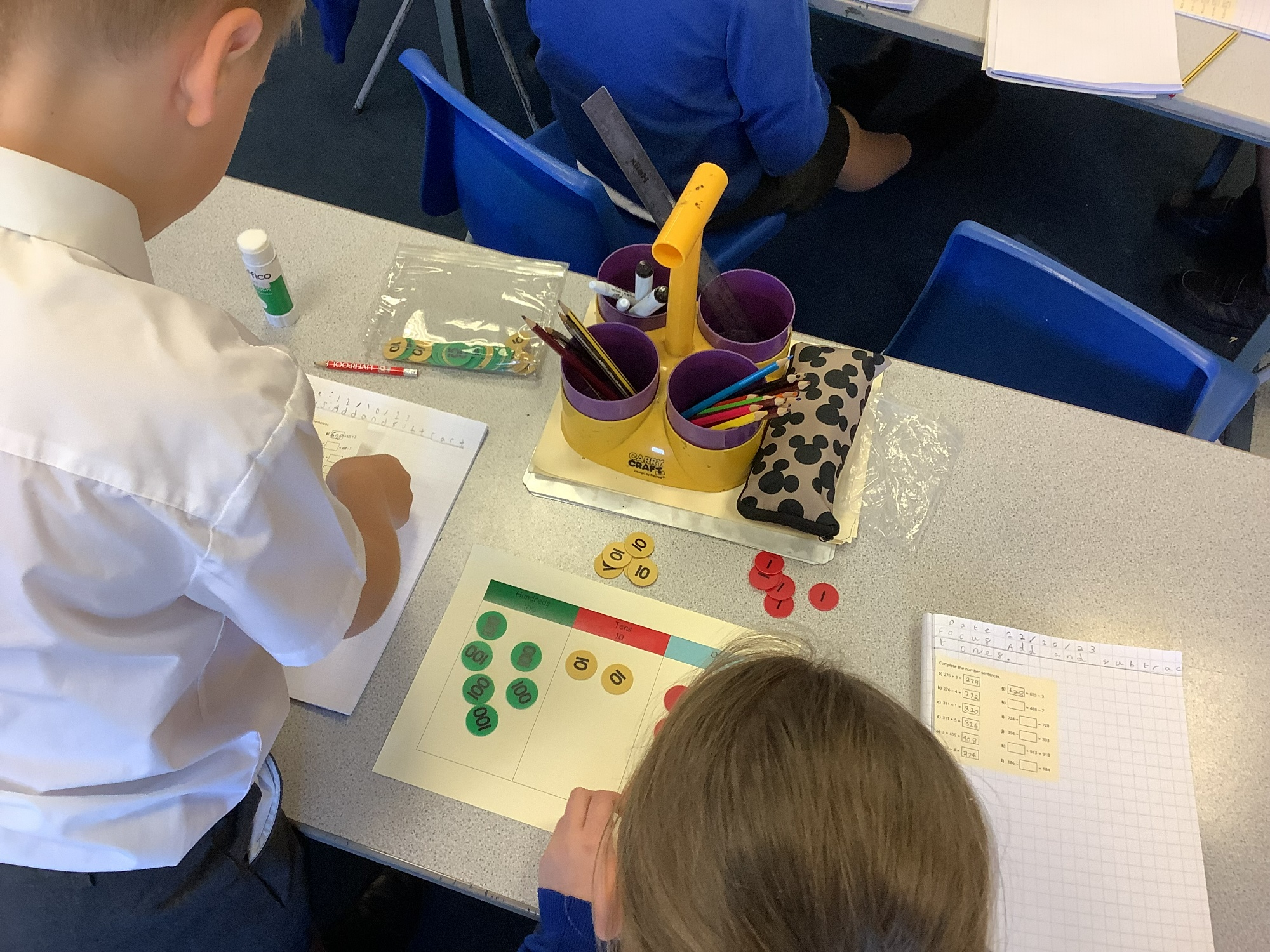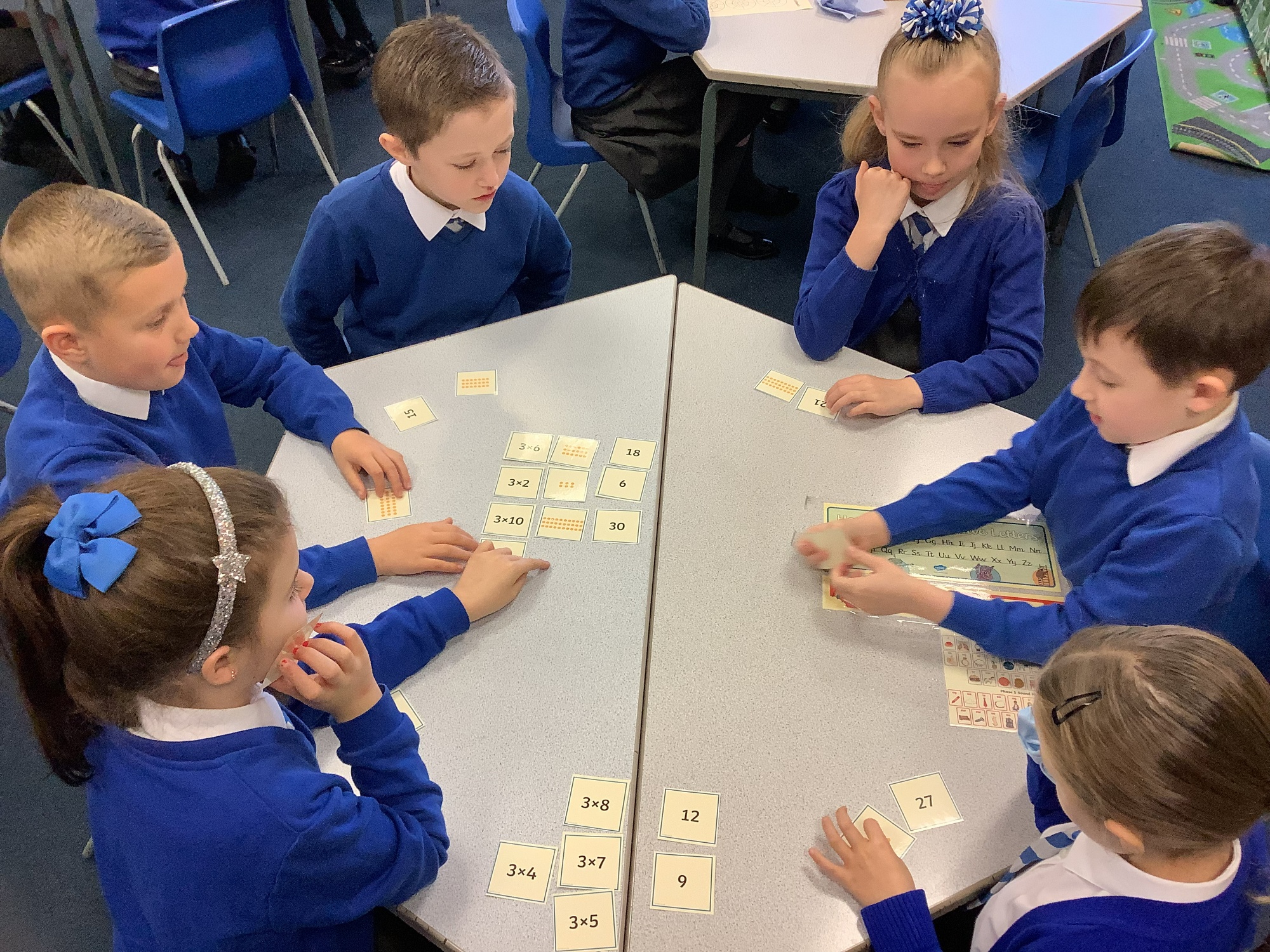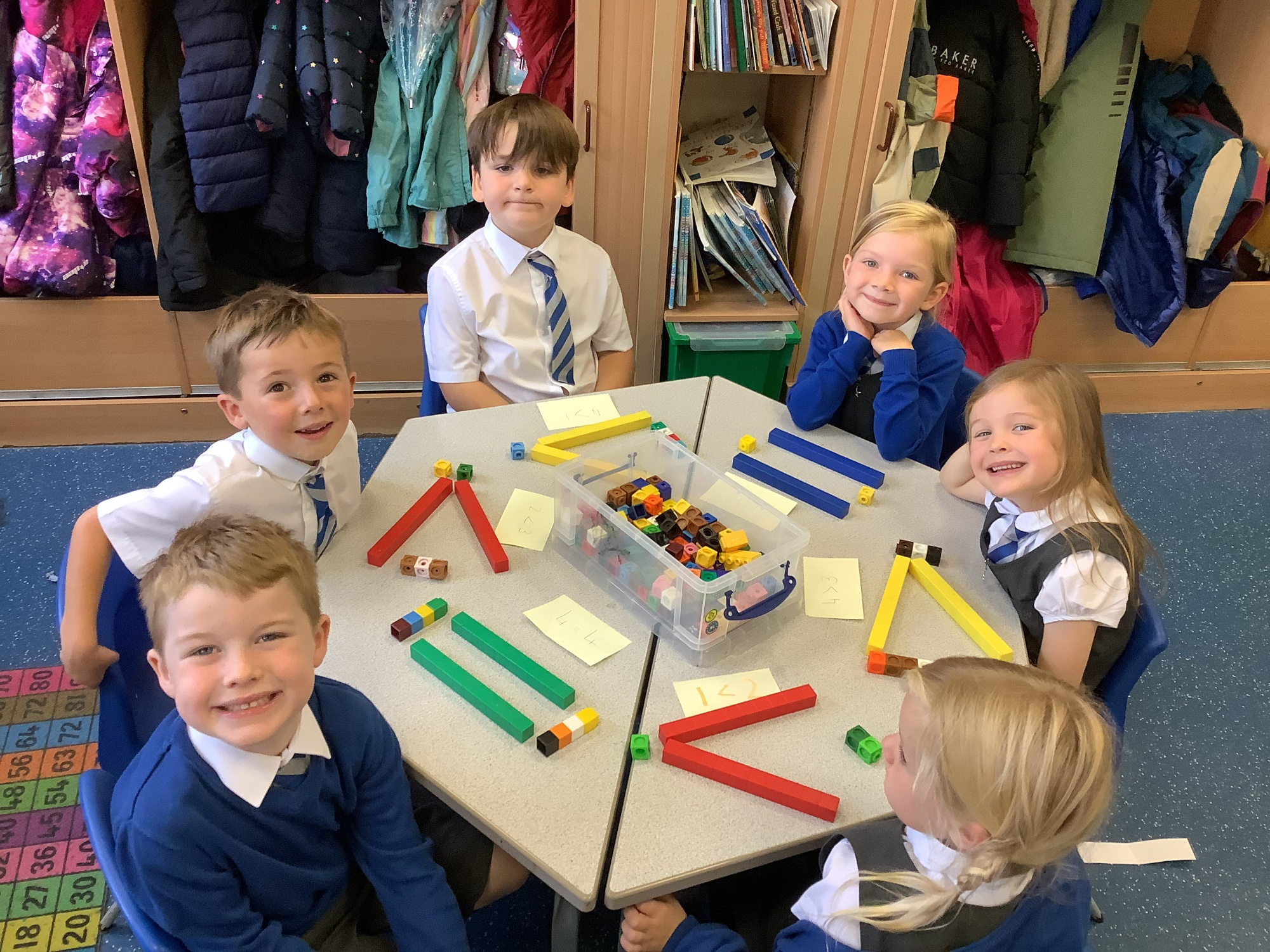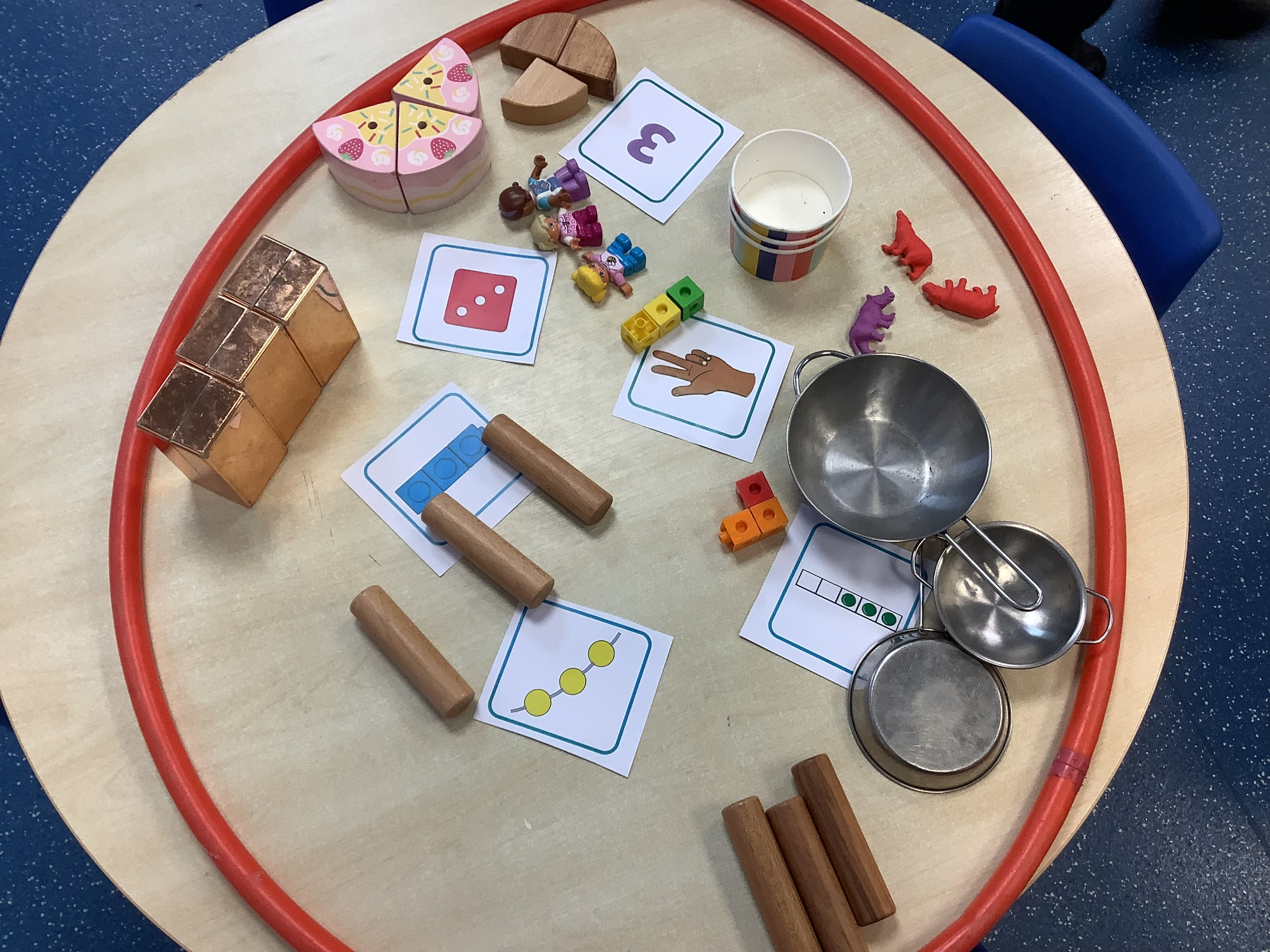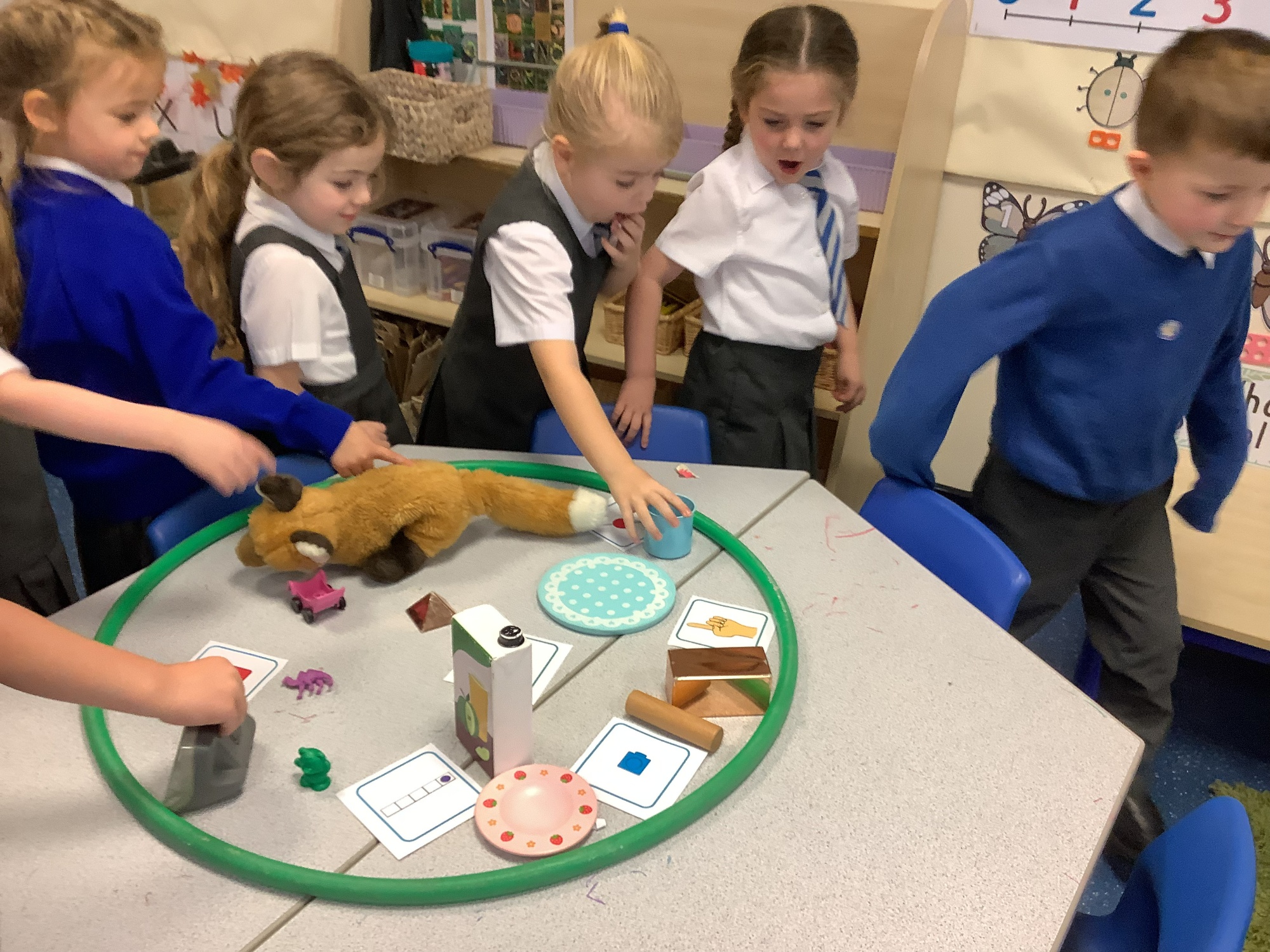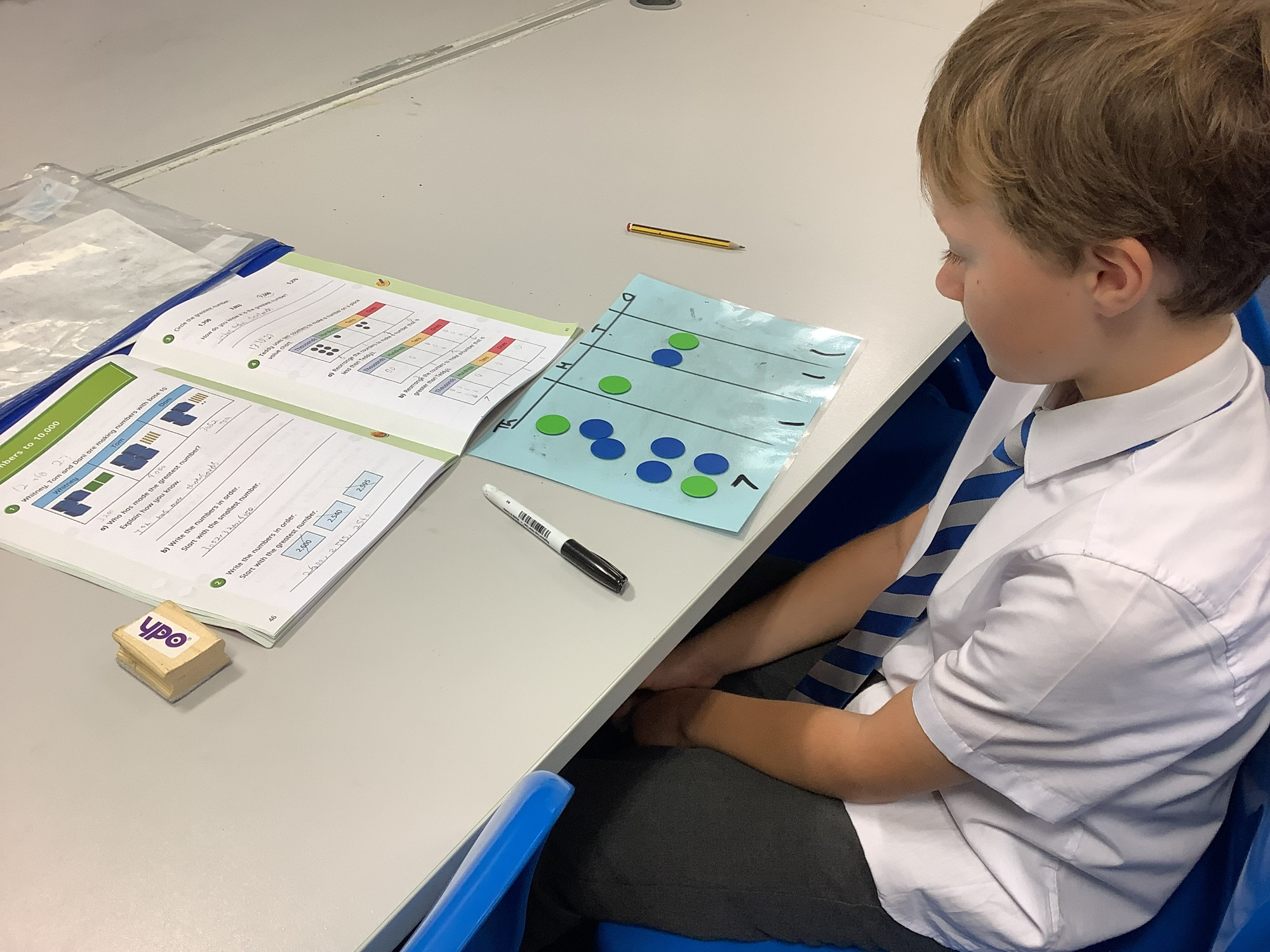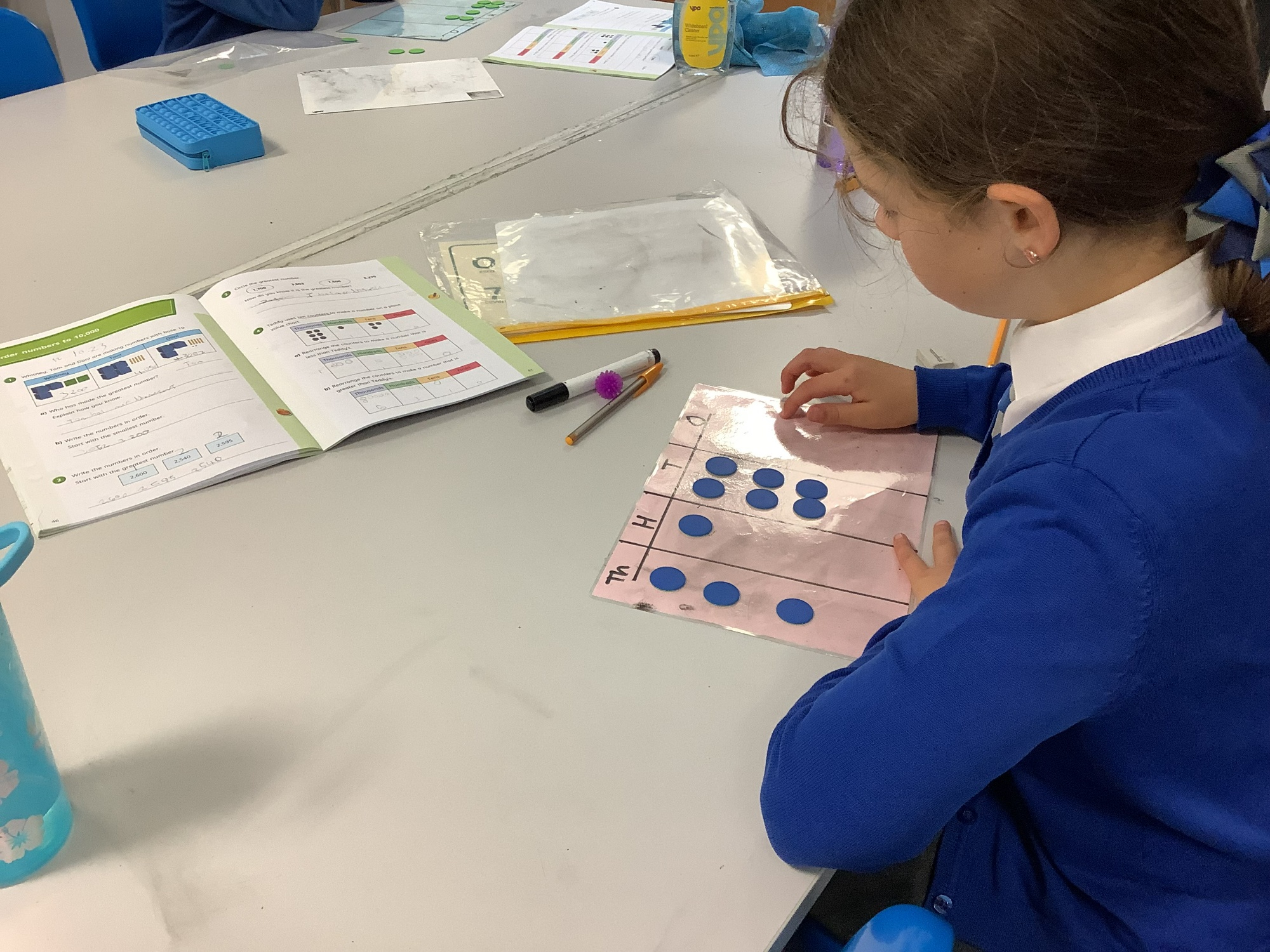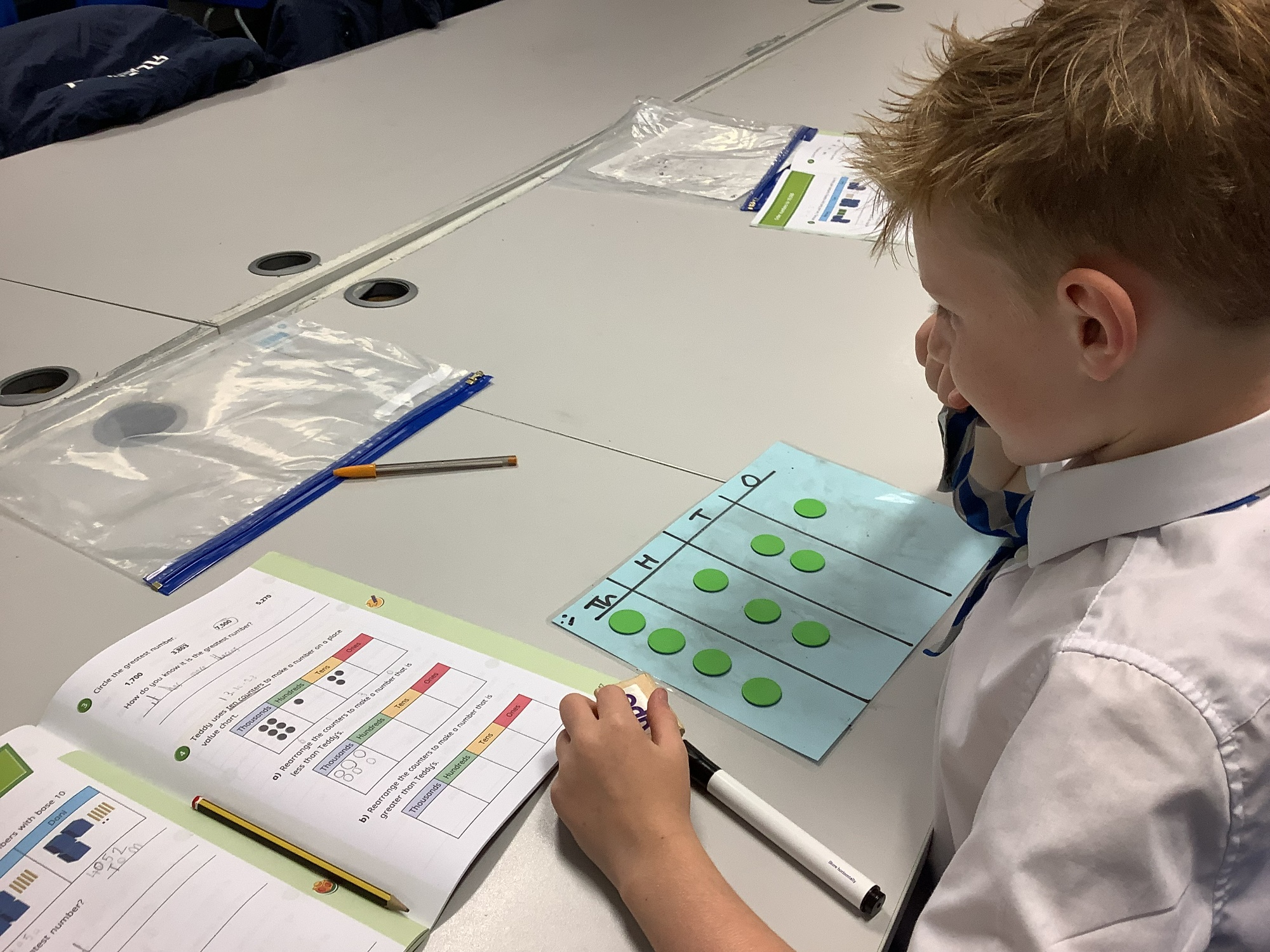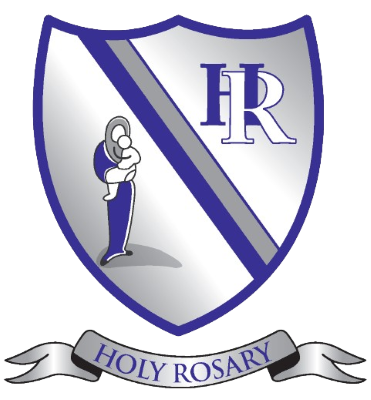Maths
Our Curriculum
Good Mathematics is not about how many answers you know .. it is about how you behave when you don't know the answers!
-Unknown
Skills of a great Mathematician
- Analytical thinking: The ability to break down complex problems into smaller, more manageable parts and analyze them systematically.
- Logical reasoning: Being able to follow and construct rigorous logical arguments, proofs, and deductions.
- Problem-solving: Having a knack for solving problems using different approaches, creativity, and persistence.
- Critical thinking: Evaluating the validity and reliability of information, theories, and solutions.
- Abstraction and generalisation: Understanding concepts at an abstract level and applying them across different scenarios.
- Pattern recognition: Identifying patterns, structures, and relationships within data or mathematical concepts.
- Communication skills: Being able to explain complex mathematical ideas clearly, whether it's in writing or orally, to diverse audiences.
- Adaptability: Being open to new methodologies, technologies, and approaches in mathematics.
- Collaboration: Working effectively in teams, sharing ideas, and learning from others to solve problems collectively.
- Persistence and resilience: Mathematics often involves tackling challenging problems that may take time to solve, so perseverance is crucial.
Intent
At Holy Rosary we believe that a high-quality mathematics education provides a foundation for understanding the world, the ability to reason mathematically, an appreciation of the beauty and power of mathematics, and a sense of enjoyment and curiosity about the subject.
In line with the National Curriculum Objectives for Mathematics, our intent is that all pupils:
- become fluent in the fundamentals of mathematics, including through varied and frequent practice with increasingly complex problems over time.
- reason mathematically by following a line of enquiry, conjecturing relationships and generalisations, and developing an argument, justification or proof using mathematical language.
- can solve problems by applying their mathematics to a variety of routine and non-routine problems with increasing sophistication, including breaking down problems into a series of simpler steps and persevering in seeking solutions.
We encourage our students to believe that they are mathematicians and develop resilience and perseverance along with a positive attitude towards getting things wrong. For when we get things wrong, we gain an opportunity to learn.
Implementation
Curriculum
At Holy Rosary we follow the White Rose curriculum, whilst also drawing on materials from NCETM Teaching Spine resources, DFE Ready to progress document and in consultation with Primary Maths consultant Sarah Martin. This ‘small steps’ teaching approach is designed to support a mastery approach to teaching and learning, as well as to support the aims and objectives of the National Curriculum.
Fluency, Reasoning and Problem Solving:
Research by Nunes (2009) identified the ability to reason mathematically as the most important factor in a pupil’s success in mathematics.
At Holy Rosary, we ensure that the three main aims of the National curriculum - fluency, reasoning and problem solving - are ever present in each unit of work linked to a strand of Mathematics. This will empower our learners to work independently, follow mathematical processes and strategies and be able to adapt and explain their reasoning when presented with Mathematical problems and puzzles, no matter the representations used.
Concrete, Pictorial and Abstract
At Holy Rosary we believe that the use of concrete manipulatives to aid a child’s comprehension of Mathematical concepts, is essential to them developing a deep and sustainable understanding of Maths.
We follow a CPA (concrete, pictoral/abstract) approach to learning. Children are directed to use some manipulatives but are also given the opportunity to choose the concrete resources that help them. Each classroom has a 'choose to use' area full of mathematical equipment such as numicon, dienes, place value counters, cubes, counters, 10 frames, dice and number lines which children have free access to.
They also have wipeable place value charts and whiteboards, should they wish to draw diagrams or pictures to aid their calculations.
Maths Vocabulary:
At Holy Rosary we believe that consistency of the Maths vocabulary and definitions used is an integral part of all our maths lessons. We introduce, teach and revise key vocabulary in every lesson. Definitions and key mathematical vocabulary is also displayed on our maths working walls. By ensuring that our children have a deep understanding of these definitions and Maths vocabulary, we are ensuring their confidence in using it themselves when explaining their reasoning.
Quality Intervention:
In addition to our Maths lessons, we utilise our highly trained Teaching Assistants to provide high quality intervention to address targets based on gaps in learning. This ensures that all children to have the opportunities to learn and any gaps in learning are quickly addressed and support is put in place to help every child succeed and progress in mathematics. We use a variety of programmes including First Class at Number, Success at Arithmetic and Plus One.
We have been fortunate to work with a Maths Consultant, Sarah Martin this year. She, along with teachers, TAs and SLTs, is helping Holy Rosary to be the best that it can be in providing quality mathematical provision for its pupils and ensuring that we are always striving to improve and evolve, when reflecting on current research and advice.
National Curriculum programme of study Mathematics programmes of study: key stages 1 and 2 (primarysite-prod-sorted.s3.amazonaws.com)
